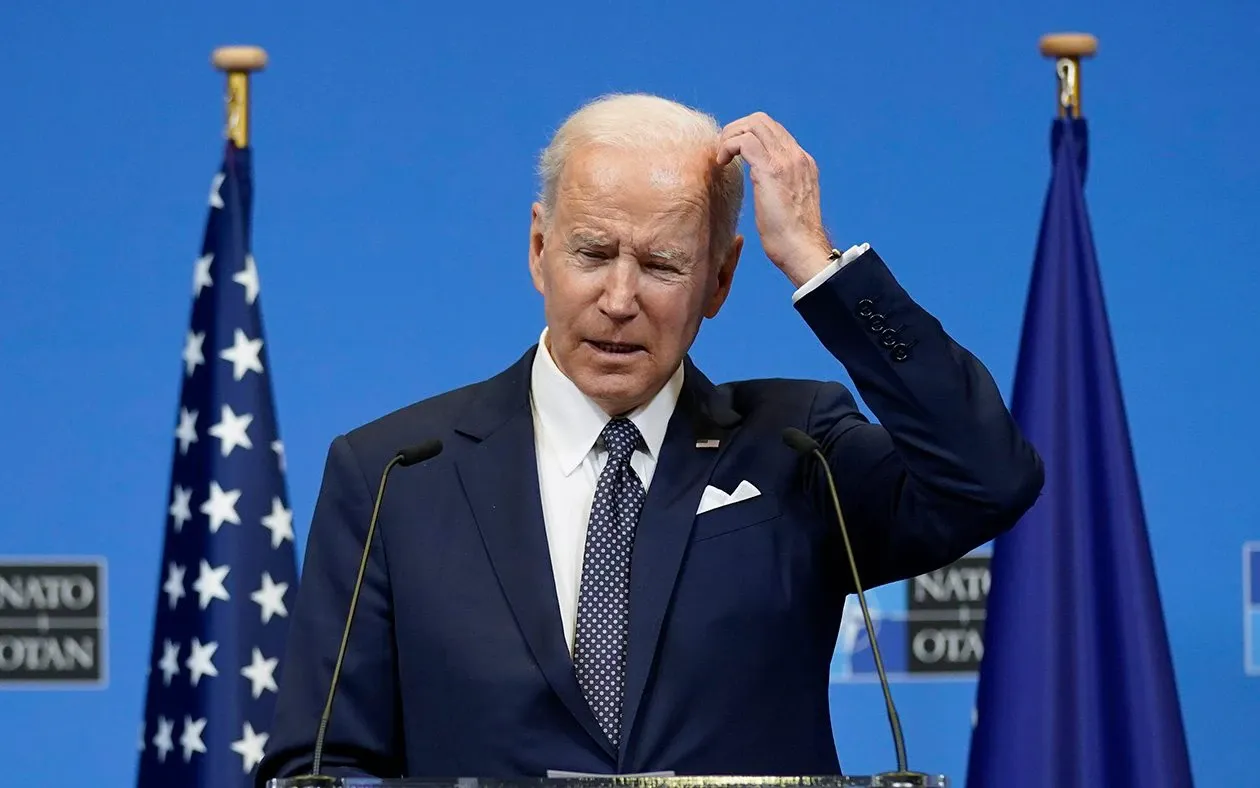Table of Contents
Dave Patterson
There has been a growing tension between the United Arab Emiratis (UAE) and the US during the Biden administration. Recently, the UAE leadership seems to be more afraid of Iran and the terrorist state’s proxies than it is secure in the knowledge the US would defend the Gulf State. The UAE told the US Defense Department it could not launch American airstrikes on Yemen and Iraq from Al Dhafra air base located in Abu Dhabi without first notifying the Emirati government. UAE’s new regulation is evidence of a building resentment of President Biden’s policies.
Since President Biden took office, his policies toward the UAE and other Gulf states have been less than cordial. Early in the administration, Liberty Nation explained in a report that “the UAE purchase of 50 F-35s, armed drones, and air-to-air and air-to-ground missiles was part of a negotiated arms agreement at the end of former President Donald Trump’s administration. The deal included the UAE formal recognition of Israel, an historic US foreign policy win.” Lockheed and the Emiratis believed they had a deal for an F-35 Lightning II stealth fighter sale. Then the Biden State Department started putting conditions on the sale, specifically regarding the use of the advanced fighters against Houthi terrorist rebels in Yemen.
UAE Criticized for Defending Itself
But all went south when the White House caved to criticism about the UAE and Saudi Arabia’s attacks on Houthi terrorists who had been launching drones and rockets at them. The concern was that during the fighting between the Saudi Arabia-UAE forces and the terrorist rebels, a humanitarian crisis was developing among the civilian Yemenis. Delivering food and medical supplies was difficult. Consequently, Foggy Bottom proscribed the F-35s and other US-supplied weapons being used against the Houthis.
Fast forward two-and-a-half years and the irony is breathtaking. Emiratis are putting conditions on the US not to fly missions against the same Iran-backed Houthi terrorist proxies who were attacking the UAE. As The Wall Street Journal described the developing situation:
“UAE restricted attacks against Iraq and Yemen from aircraft based at Al Dhafra without prior notification because the US was slow to take action to defend the UAE after it came under attack from militias in those countries in early 2022, according to the Emirati official. The US arranged with the Qataris in recent days to bring in the additional jet fighters, reconnaissance planes and armed drones to Al Udeid, according to a person familiar with the discussions.”
The Emiratis’ explanation is that the newly applied regulations are, as the WSJ reported, “coming from a place of self-protection.” Let’s, for a moment, unpack the UAE’s point of view. What is being said, and it isn’t obscure or nuanced, is that the Biden administration has demonstrated an unwillingness to take on the culprit fomenting nearly all the conflict in the Middle East – Iran – and therefore, the Emiratis as a means of self-defense are not going to chance irritating Iran or its proxies.
Emiratis Look for Other Friends
It’s not implausible that others in the Gulf region will take note of the impotent responses the Biden national security leadership has exhibited. Recent reports on Iranian operations in the Arabian Gulf reveal the Iran-sponsored Houthi terrorist group in Yemen is planning to expand its attacks on maritime cargo carriers and tankers. The Institute for the Study of War, in a late-breaking dispatch, explained how the Houthi terrorists, Iran proxies, are developing plans to launch drones and anti-ship ballistic missiles against Mediterranean Sea commercial shipping. The report described this planning as “probably part of an Iranian-led effort to impose an unofficial economic blockade on Israel.”
So, despite Biden’s clamoring to not escalate the conflict in the Middle East, it is happening. None of these recent events have been lost on the UAE. Not wishing to get crosswise with Iran and cozying up to China are the consequences of not having a reliable ally in the US. There is a lesson for the Biden administration, though it’s been woefully inept at such learning experiences. When an ally is fighting a terrorist organization bent on harming the ally and the US, help the ally. Do what is necessary to aid in the ally’s success. When the US fails to support an ally, it should not be surprised when the ally, in this case, the UAE, looks for alternatives. Paraphrasing one of America’s great geopolitical sages, it’s another fine mess Biden has gotten us into.
The views expressed are those of the author and not of any other affiliate.







